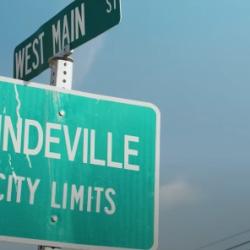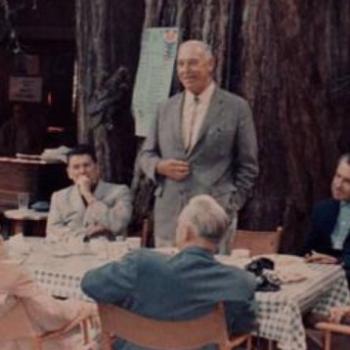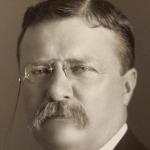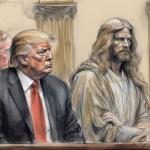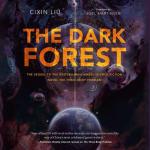Miroslav Volf, “Wheaton professor’s suspension is about anti-Muslim bigotry, not theology”
Appealing in part to arguments in my book Allah: A Christian Response, Hawkins asserted that Muslims and Christians worship the same God. She did not insist that Christians and Muslims believe the same things about that one God. She did not state that Islam and Christianity are the same religion under a different name, or even that Islam is equally as true as Christianity. She did not deny that God was incarnate in Christ. Neither did she contest that the one God is the Holy Trinity. In fact, by having signed Wheaton’s Statement of Faith, she affirmed her belief in God as the Trinity and Jesus Christ as God and man, fundamental Christian convictions which, among other things, distinguish Christian faith from Islam.
There isn’t any theological justification for Hawkins’s forced administrative leave. Her suspension is not about theology and orthodoxy. It is about enmity toward Muslims. More precisely, her suspension reflects enmity toward Muslims, taking on a theological guise of concern for Christian orthodoxy.
Paul Moses, “Wheaton College Caves in to Anti-Muslim Mood”
The action the college has taken — putting a tenured professor on leave — is extreme, given the circumstances. Ms. Hawkins is a political scientist, not a theologian. And she is citing ideas that are not only mainstream for Catholic Christians (Pope Benedict XVI and St. John Paul II in addition to Pope Francis, as well as the Second Vatican Council) but also are commonly discussed in evangelical circles.
… The only conclusion I can draw is that Wheaton College has caved in to the anti-Muslim atmosphere that is growing in our country.
J.R. Daniel Kirk: “How We Theologize Matters: Wheaton College Edition (Or: Evangelical College Doesn’t Even Know Who It Worships)”
What do [Christians] say about Jews? You know – the ones that Paul says are God’s covenantally bound people whom God won’t reject despite their large-scale rejection of the idea that Jesus is God’s messiah?
Why do we, why must we, say that these non-Trinitarians worship the same God that we do?
Because we share the same story. We both look to the God of Abraham, Isaac, and Jacob, the God of David and Solomon and Isaiah. We both believe that the God who watched over Israel due to God’s covenant promises and love is the one true and living God.
The story matters. We reread the first part of the story. We understand it differently than our Jewish friends, but we read the story of the same God and we trust the same promises.
So back up. Back up to the God of Abraham, and rerun the tape. There is that promised blessing to Ishmael.
Marty Troyer, “Wheaton, Witness, and Christian Theology”
Wheaton appears on the surface to be responding to perceived lose of distinctive Christian identity – certainly a valid concern. They were afraid; and so they hunkered down, redoubled efforts, and drew their lines. They hijacked a story about Christian witness and made it into a story about Christian theology. …
Is our fear actually less about purity, and more about the uncontrollable seething mess of emotions wedged into our souls? Are we using theology to mask our fear of vengeful annihilation, shame at our genuine inability to live for Christ and his kingdom, guilt from our role in creating this wicked mess, individual and collective sin, and a primal fear that the world as we know it has become un-moored and is sinking back into nothingness?
Good theology should be the very thing that liberates us from these fears, not blind us too them! It should push us forward into mission as distinctively gospel-formed communities, not yank us back into the safe-zone of the church. Theology committed to the mission of God will bind us more closely to our neighbors than anything else in human history.
Wheaton College (Norton, Mass.), “Affirming freedom”
Wheaton College in Norton, Massachusetts, is firmly committed to individual, academic and religious freedom as a cornerstone of its liberal arts mission. Some individuals have confused Wheaton in Massachusetts with an institution in Illinois that shares the same name, but is in no way affiliated with our college.
Let me be clear: The Wheaton College in Norton, Mass., has not suspended a faculty member, a staff member or a student for expressing religious or personal beliefs. Our Wheaton affirms the freedom of faculty, staff and students to share their beliefs while respecting the human rights and dignity of others.









